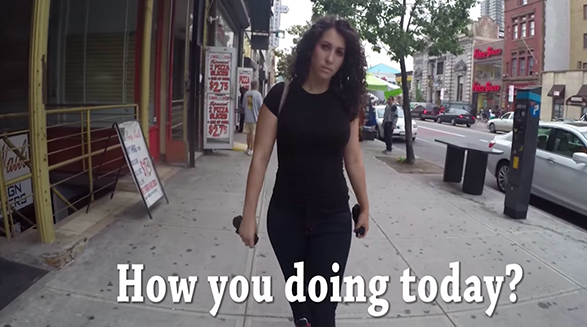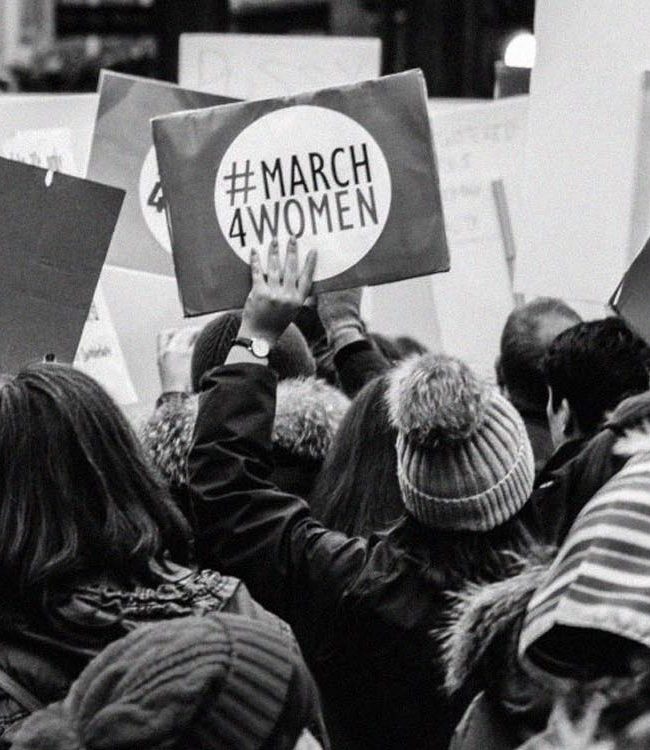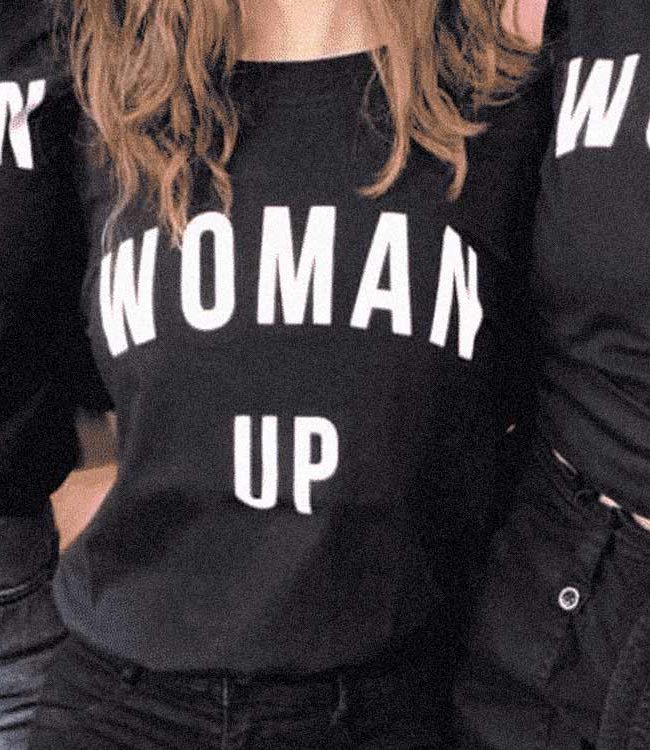Let’s talk about catcalling
You’ve probably seen the viral catcalling video of a woman walking around New York for 10 hours experiencing 108 instances of verbal street harassment. The video has rightly been subjected to much criticism regarding its execution, editing and the implications this holds for racial politics as the film concentrates primarily on the catcalling of harassers who are black and Latino, whilst omitting footage from white neighbourhoods.
We cannot overlook the racist intersects of this video. Nevertheless, the video opens up a dialogue about street harassment; a global feminist issue that we can no longer trivialise and ignore. Catcalling can be a whistle, unwanted comment, gesture or action forced upon an individual in a public space without their consent that stems from a culture of gender-based violence. However, we fail to treat this behaviour as such and instead we accept it as a societal norm, dismissing catcalling as merely ‘men being men’.
Street harassment though, is the everyday reality for women all over this world that needs to be taken seriously. Although men are also victims, catcalling disproportionately affects women and it can have significant impacts and effects on their mental health, self-esteem and feelings of safety as well as feeding into a culture of normalised sexism where a ‘harmless’ jeer opens up a gateway to violence, sexual aggression and systematic oppression.
As a young woman growing up in the UK, the comments made by harassers in the viral catcalling video were all too familiar to me. From the onset of puberty, I’ve had my body intimidatingly leered at and unwarrantedly commented on in public spaces by men often well over twice my age. Bystanders did nothing and like so many other vulnerable teenage girls in this world, I was left to internalise this frequent sexual objectification and sense of fear as an inevitable part of the female experience, that I should shrug off and accept as ‘flattery’. However, these ‘compliments’ and unwanted attention that society told me I should be enjoying didn’t make me feel so good inside. In fact, it had a significant detrimental effect on my mental health, relationships with others and a sense of self-worth, just like the effects it’s having now for so many young girls around the world.
Research published in 2010 found a direct link between the experience of street harassment and a greater preoccupation with physical appearance and body shame as well as correlating it to heightened fears of rape. This is a huge concern when we consider for example, that 90% of British women have reported that their first experience of sexual harassment was during puberty. Oh and by the way, we’re not just talking about a whistle or a honk of a horn here (although that is a big enough problem in itself); out of the 95% of respondents who had experienced catcalling at some point in the online study by stopstreetharassment.com, a large proportion of them had also been grabbed or groped in public. Unsurprisingly then, an extensive study conducted at Cornell University in the US found that a shocking three-quarters of women worldwide have reported being followed by men in public spaces too.
This highlights how catcalling sits within a framework of violence against women in addition to drawing our attention to the wider societal issue regarding the sexual objectification of young girls that need to be addressed. Street harassment is an example of men asserting their authority over women. It’s a socially accepted expression of masculinity that demands women be sexually subservient, which mirrors the dynamics of rape culture. When a woman challenges catcalling, they will often be responded to by being told they were ‘asking for it’, which reflects the ‘victim-blaming’ discourse that rape culture perpetrates too. This normalisation and encouragement of male sexual violence prevents women from speaking up. The idea that we should engage back in street harassment is also a problem. How can someone being harassed distinguish between a ‘harmless’ catcall and one that’s a gateway to sexual aggression? Women risk being attacked by standing up for themselves.
In all honesty, I’ve never felt safe enough to challenge the catcalls when they’ve happened and I’m fed up of being told that it’s something I should do in addition to having that experience minimised for me, or having it framed as attention I actually want. As a young adult now, I can see street harassment for what it is, rather than how I saw it as a teenager: something that was my fault, a signal of my self-worth and a completely acceptable part of life that I should be thankful for. However, even now I find it difficult not to internalise the intimidation and assumptions behind catcalling as my day-to-day experience of street harassment reconfirms the old beliefs it gave me about myself. Unfortunately, it’s something that continues to impact my decisions too. For example, when I moved abroad to teach English last year, catcalling got to the point where I didn’t feel safe enough to leave my apartment. I couldn’t enjoy being in a new city or express who I was, as when I did venture out I’d scurry through the streets, with my heart pumping and my eyes fixed on the ground, desperately trying not to attract any attention. Street harassment was indeed part of my decision to stop the teaching and travelling I had been so excited for, just like it affects the course of so many women’s lives.
Catcalling removes a woman’s voice but let me take this opportunity to reclaim mine. Dear street harassers, don’t tell me to ‘smile’… I know it may come as a surprise to you, but I don’t actually pull facial expressions for your benefit so please stop telling me what I should and shouldn’t do with my body. And dear policymakers, can we just stop for five minutes and ask ourselves how we expect women to build identities beyond our aesthetics when we continue to be undermined by the constant dehumanising and public humiliation of our bodies? Street harassment can no longer be tolerated so let’s whistle louder by sharing our experiences; catcalling is about intimidation, so let’s take that power back from harassers. Each individual in this world should have the freedom to access, enjoy and feel safe in public spaces so let’s start making that a reality. Catcalling isn’t a compliment, it’s a barrier to gender equality, which together we can break.
– Rosie
Sorry, the comment form is closed at this time.














Pingback: IDEAS IN CONTEXT / Survey / Term 4, Week 2-3 – Academic Progresses
Pingback: Catcalled: pag-silip sa buhay ng isang Pilipina – PhilippineOne
Pingback: Catcalled: A look into the life of an everyday Filipina | PhilippineOne